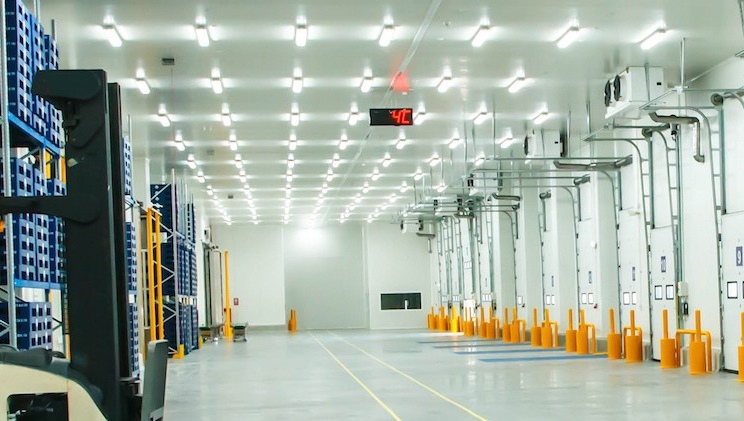How to make your Australian food business energy efficient
- Written by Greg Rogers

Make your Australian food business energy efficient
Australian primary producers and manufacturers produce a huge amount of raw and processed food that is consumed here and exported. While population growth continues there will be more and more customers each year but to remain competitive, business managers need to consider ways to control their costs, not just now but in the future.
There is a big difference between the turnover of a business and the annual profit. Many businesses handle a lot of money each year but not all survive. Income must exceed the cost of operating the business in terms of raw materials, human resources, plant and equipment and facilities. Well planned and well executed marketing campaigns will often result in an increase in the turnover of a business but more often than not, the cost of operating the business will increase in proportion to the new production income stream.
The trick then is to reduce the cost of operating a business to stay afloat and to be competitive with all of the other businesses operating in the same industry.
Food processors, food growers, transport operators, food wholesalers and distributors all operate storage facilities in which product is stored pending distribution, sale or further processing. There are a lot of commercial cool rooms operating at high capacity around Australia ever minute of every day. They all consume energy. They could be powered from the electricity grid or from on site generators or solar generated low capacity power. It is important to build energy efficient cool rooms from the start and if that is not possible to upgrade existing commercial refrigeration systems to modern standards. TCS specialise in commercial cool rooms and are constantly installing better insulation, more efficient cooling plant or altering access points to keep hot air out and chilled air in.
Primary producers in particular need to create produce storage facilities with a high capacity to ensure that they can minimise that number of trips that transport services make to their property. Better a few full loads than a lot of almost empty loads.
When production needs to be constant and delivery contracts are inflexible it is vital for all food production and storage businesses to be energy independent. That is, they all must be in control of the power that drives their production and storage machinery. A back up generator that comes on instantly in the event of a power black out is not a luxury: it is a requirement.
Businesses fail when they cannot produce or protect their products. Insurance might pay for some of the loss but the money will not come in for some time and bills still have to be paid. Just as importantly, contracts have to be met and if machinery and storage go offline, there will be no cash flow.
The take away message is that it is important to be in control of all aspects of your business.


